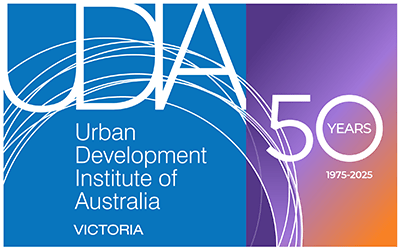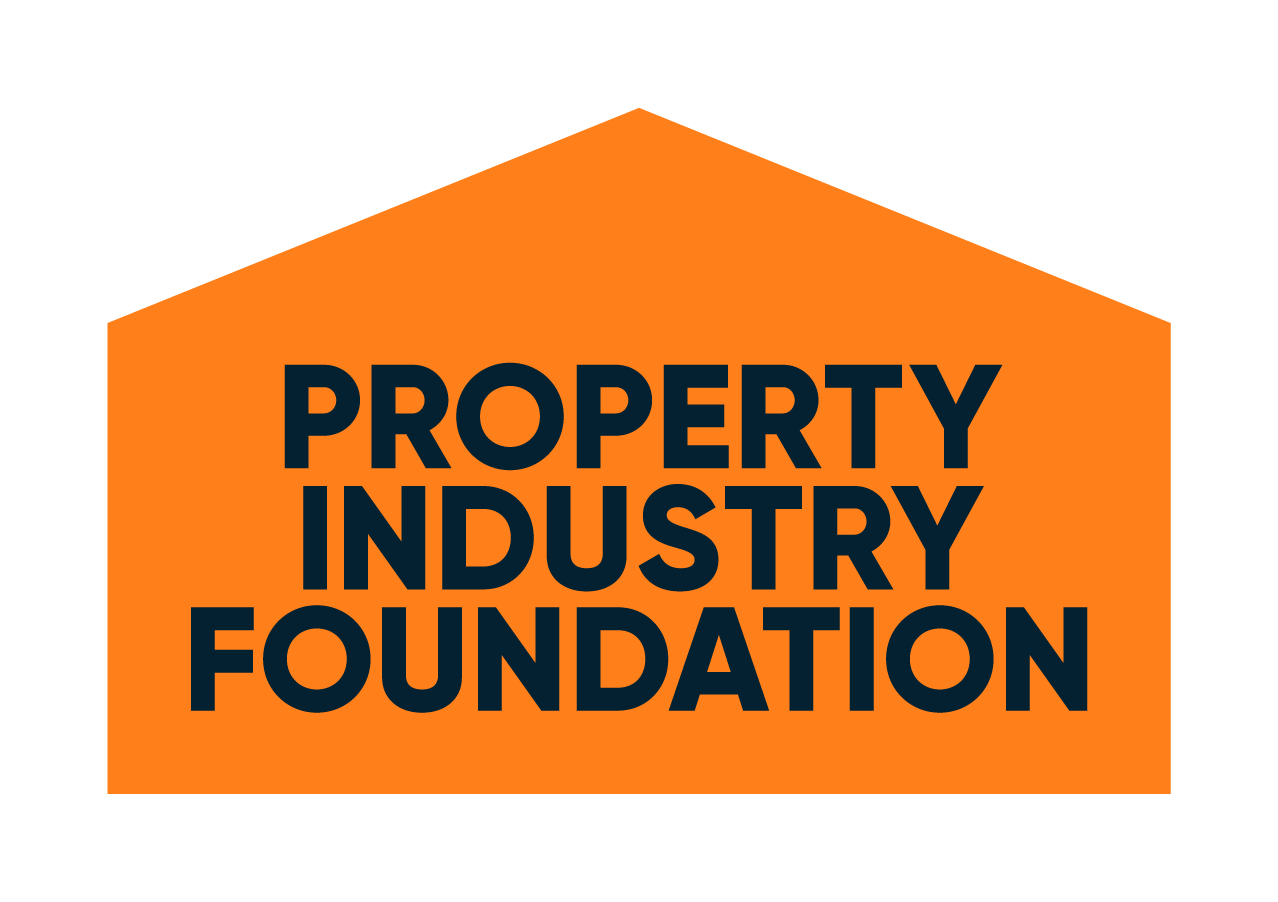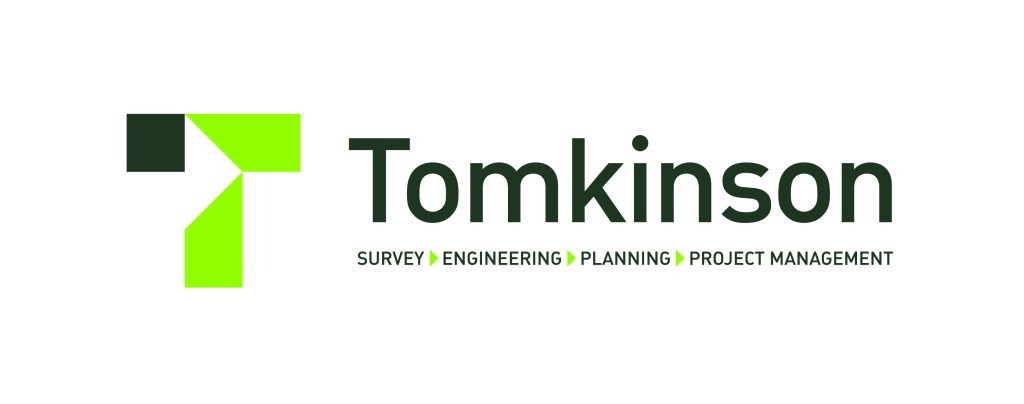Introduction
Victoria’s building, construction and development industry employs around 300,000 Victorians, generates billions of dollars for our economy and funds almost half of the State Government’s tax revenue.
The industry is an economic powerhouse that builds and pays for vital infrastructure including housing, hospitals, schools and transport.
Like most other industries in our economy, ours has taken a big hit due to COVID-19. But what differentiates it from others is that it is with smart government support, Victoria’s building, development and construction sector is able, ready and willing to play a leading role in Victoria’s economic recovery.
Recommendations for the Victorian Government to consider in its 2020 State Budget
- Urgently reopen the new housing sales pipeline to secure a pipeline of residential construction activity and jobs in 2021
Under Government’s current Roadmap to Reopening, display homes, land sales offices, sales suites and other real estate services are due to remain restricted, which will see the new home sales pipeline significantly compromised from August-October and possibly November, before entering the two quietest months of the year (December and January).
This reality risks the construction pipeline and hundreds of thousands of jobs.
- Housing demand stimulus measures including the halving of stamp duty for new residential property acquisition to December 2022
UDIA Victoria has undertaken a high level impact assessment of the recommendation to halve stamp duty for all new residential property transactions.
If stamp duty is halved to 3%, and it stimulates the transaction of +50% more new residential properties, the net stamp duty revenue amount is expected to be neutral for Government. This would help buyers into the market, resulting in economic activity and jobs without compromising Government’s tax revenue – a win-win-win.
- Establish Victoria as the Homeowner State
Victoria’s success has been largely driven by population growth. But with travel restrictions and declining employment opportunities, we’ve lost our competitive edge against other Australian cities in attracting both people and capital.
To repair the Victorian economy, we must elevate Victoria’s position as an attractive place to live, work and invest. We can do this by targeting domestic demand, removing foreign purchaser surcharges, and incentivising businesses to relocate here.
A big part of encouraging domestic demand is reforming our tax system. UDIA Victoria’s The Hidden Cost of Housing research shows that 19-34% of a local homebuyer’s purchase price is government taxes and charges. That is too much. Victorians are in desperate need of tax reform, otherwise we seriously risk pushing people interstate where housing is more affordable.
- Advocate for an expanded HomeBuilder scheme for Victoria
Victoria’s severe second wave and subsequent restrictions will see minimal HomeBuilder benefit realised in this state compared to other parts of Australia.
The Victorian Government must advocate for the Commonwealth Government to offer a practical expansion to HomeBuilder in this state, enabling Victorians equal opportunity to claim the grant.
- Reboot Melbourne’s central city economy
When we talk about our economy, we must look at Melbourne’s CBD and central city, which is the geographic epicentre of Victorian jobs.
COVID-19 has decimated the local economy and activation of the CBD, with the Melbourne economy predicted to suffer the single largest economic contraction of all Australian capital cities.
Australian Bureau of Statistics payroll jobs data shows that inner Melbourne had a 10.3% reduction in jobs from March to August – the worst affected area in Australia.
To reawaken our city, we need a plan to bring people back in, in a COVIDSafe way. UDIA Victoria has produced a bold plan for Government consideration: A Recovery and Revival Plan for Melbourne’s CBD and Central City.
- Reopen Victoria to the world
Australia has always been a net importer of capital – both people and funding – to help sustain its economic and social prosperity. COVID-19 has forced governments to effectively close international borders and cease usual immigration programs. For Victoria, this means we’re expecting a decline of 34% on recent population growth figures per annum to 2025. At a domestic level, we are also expecting reduced interstate intake and higher outflow.
Our economy cannot afford such a loss. We must work with the Commonwealth Government to reopen Australia’s international and interstate borders to international and interstate migrants in a safe, well-managed way as urgently as possible.
- Housing supply stimulus measures including ongoing development approval pipeline
A focus on fast-tracking projects would improve Victoria’s competitiveness nationally and provide immediate benefits to Victoria’s economy, employment opportunities and ensure priority social and economic infrastructure remains on track for completion.
- Planning and development system reform through immediate implementation of the recommendations of the Cronin review
A review undertaken by the Commissioner for Better Regulation in 2019 found that unnecessary delays in planning and building approvals processes have significant knock-on impacts such as keeping families in the private rental market for longer than necessary, increasing the costs of permit approvals, and ultimately putting upward pressure on house prices and rents.
The Commissioner delivered her report to the Government in late 2019 and to date, with several recommendations to reform the planning and approvals system. It has not been released or responded to. UDIA Victoria recommends urgent consideration of this report and its release by the State Government.
- Unlock Greenfield development by making it easier and less costly to develop new housing
The Government’s response to COVID-19 had a direct impact on the greenfield development market. Visits to display homes and sales suites dropped by 90 per cent during the first lockdown in Victoria, and lot sales fell by 61 per cent in April 2020 compared with the first quarter of 2020.
It is now critical that State Government unlock greenfield development by investing in infrastructure that will catalyse development and bring forward and direct Growth Area Infrastructure Contribution funding to facilitate development.
- Stimulate urban renewal and built form development by taking a proactive approach to the development of Melbourne’s key precincts
The State Government should focus on establishing a strong pipeline of projects to support Victoria’s economic recovery beyond 2022 by streamlining the approvals process, which usually takes between two and six years for urban renewal and infill sites. If done right, direct Government action to supercharge our urban renewal areas could be a key plank of Victoria’s economic recovery story.
- Drive a social and affordable housing investment-led recovery for the betterment of all Victorians
The current economic conditions in Victoria provide an opportunity for the State Government to invest in new social housing and upgrade existing public housing.
Complementary with this, the State Government should actively incentivise and partner with private industry to deliver large-scale affordable housing. This approach is counter-cyclical and will keep the residential development industry operating at capacity while demand for new housing is low.
Click here to download an overview of the 2020 UDIA Victoria Pre-Budget Submission.
Click here to view the full 2020 UDIA Victoria Pre-Budget Submission.
Quotes attributable to Ms Danni Hunter, UDIA Victoria CEO
General
- “The Victorian Government needs to be bold in its budget initiatives and pave the way for our economy to recover from the COVID-19 pandemic and the economic crisis we’re in.”
- “We have the Victorian Government’s plan to reopen; now we need a plan to reboot the economy.”
- “We must immediately work to elevate this state’s position as an attractive place to live, work and invest. It all starts with encouraging people to call Victoria home.”
RE: Recommendation #1 – Urgently reopen the new housing sales pipeline to secure a pipeline of residential construction activity and jobs in 2021
- “When JobKeeper phases out by April 2021, we will desperately need construction activity on the ground to help fill the void and lock in jobs for the 300,000 Victorians employed in industry. HomeBuilder has not had a good enough chance to have an impact in Victoria due to the restrictions, and this has to be addressed.”
RE: Recommendation #2 — Housing demand stimulus measures including the halving of stamp duty for new residential property acquisition to December 2022
- “Halving stamp duty is a win-win for Government and homebuyers. It would help buyers into the market, resulting in economic activity and jobs without while also protecting Government’s tax revenue.”
- “It would help plug a gap in the HomeBuilder scheme because it would support apartment buyers too.”
RE: Recommendation #3 — Establish Victoria as the Homeowner State
- “Population growth is the engine room of our economy. Without population growth, or with much less of it, we need to do everything we can to get more Victorians into their own new homes.”
- “19-34% of a local homebuyer’s purchase price is government taxes and charges. For example, Tom and Emily are schoolteachers with two kids, buying a block of land in Melbourne’s growth areas for $315,000. Of that price, over $106,000 is government taxes and charges, equating to 34 per cent of Tom and Emily’s purchase price.
“These costs are too high for Victorian homebuyers, especially now that unemployment, underemployment, pay-cuts and job insecurity are on the rise, and homebuyer purchasing power on the decline. Victorians are in desperate need of tax reform, otherwise we seriously risk pushing people interstate where housing is more affordable.”
RE: Recommendation #11: Drive a social and affordable housing investment-led recovery for the betterment of all Victorians
- “Investment in social and affordable housing would stimulate the economy, provide employment and reduce the predicted increase in homelessness as a result of the worsening economic conditions and job losses.”
- “It could compensate for years of underinvestment in social housing and plug the gap in between the affordable housing required in Melbourne and what is actually available.”
MEDIA CONTACT
Hyatt Nidam
Engagement and Communications Manager, UDIA Victoria
T: 03 9832 9600
M: 0478 415 105











